Nov 27, (V7N) - Huawei's resurgence in China's smartphone market, highlighted by the success of the Mate 60 Pro and the recent launch of the Mate 70 series, reflects its resilience in the face of U.S. sanctions. These devices, equipped with advanced chips from SMIC, symbolize China's defiance and ambition in the global tech race. The Mate 70's introduction, featuring Huawei's HarmonyOS Next and cutting-edge AI features, marks a direct challenge to Apple's dominance, especially as the device integrates seamlessly with Huawei's broader ecosystem, including smart cars and wearables.
One major challenge for Huawei lies in securing a steady supply of advanced chips. The company relies heavily on SMIC, China's leading chip manufacturer, which faces significant hurdles due to U.S. export restrictions. These constraints limit SMIC's ability to produce the most advanced semiconductors, creating a potential bottleneck for Huawei's future growth.
Nov 27, (V7N) - Another challenge is the intense competition within the domestic market. While Huawei has successfully reduced Apple's market share in China from 75% to 50% in the high-end segment, it faces stiff competition from other Chinese brands like Xiaomi and Oppo. These competitors offer strong alternatives, particularly in the midrange market, where affordability plays a key role.
Huawei's progress carries significant strategic importance for China. The company's advancements are seen as a source of national pride and a testament to the country's technological capabilities. Huawei's growth in AI technologies and its expansion into various smart devices further bolster its image as a leader in China's tech sector, contributing to the broader goal of technological self-reliance.
Looking ahead, Huawei's continued success will depend on its ability to overcome supply chain constraints. Expanding beyond high-end models into midrange markets will also be crucial for maintaining its momentum. However, the limited capacity of SMIC to produce advanced chips could pose significant challenges, especially as demand for these components increases across China's tech industry.
Ultimately, if SMIC cannot scale up its production capabilities, Huawei's growth and China's broader ambitions in AI and advanced technology could be stymied. Addressing these challenges will be essential for Huawei to maintain its competitive edge and sustain its remarkable comeback in the global smartphone market.
END/TEC/RH



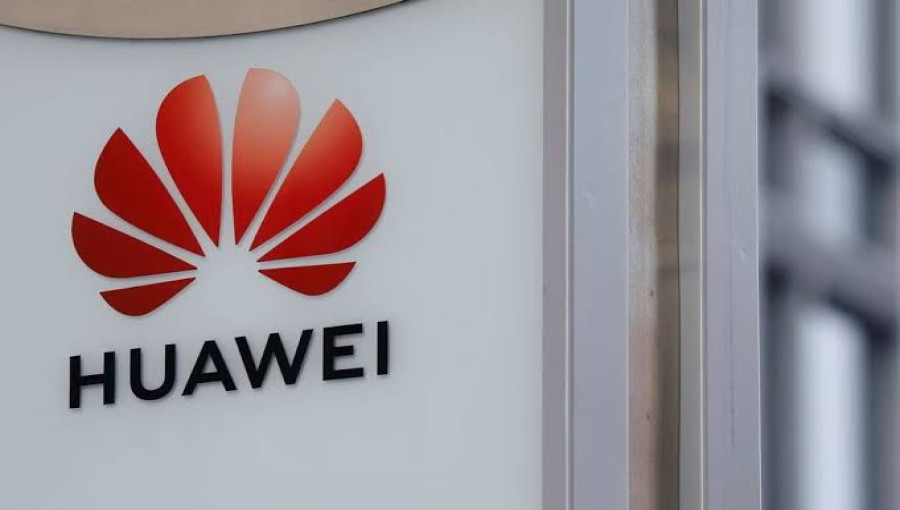
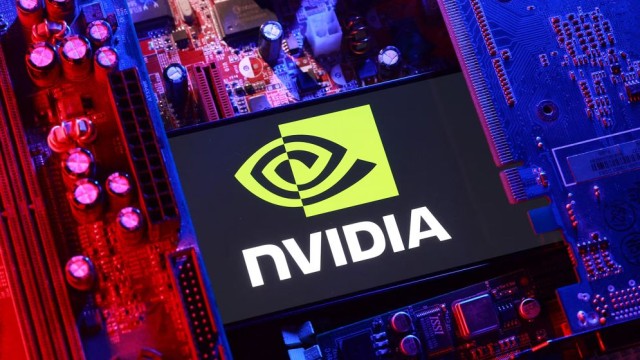



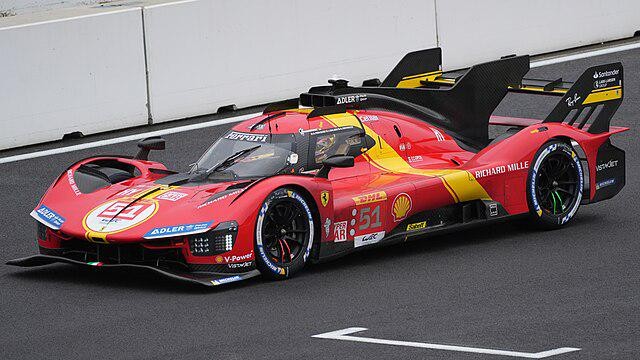



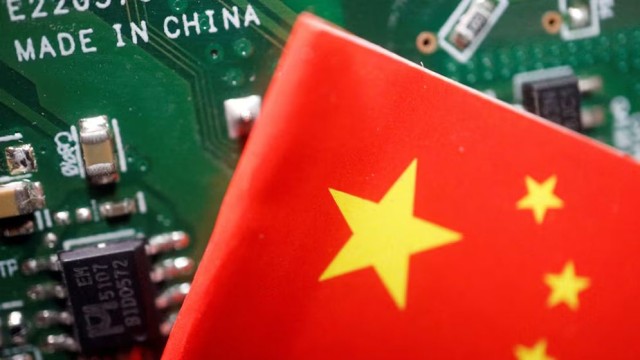
















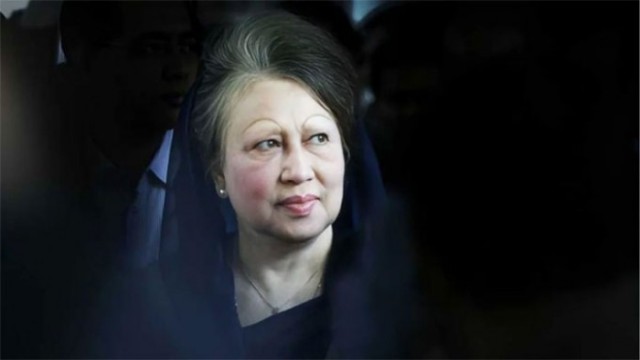

Comment: